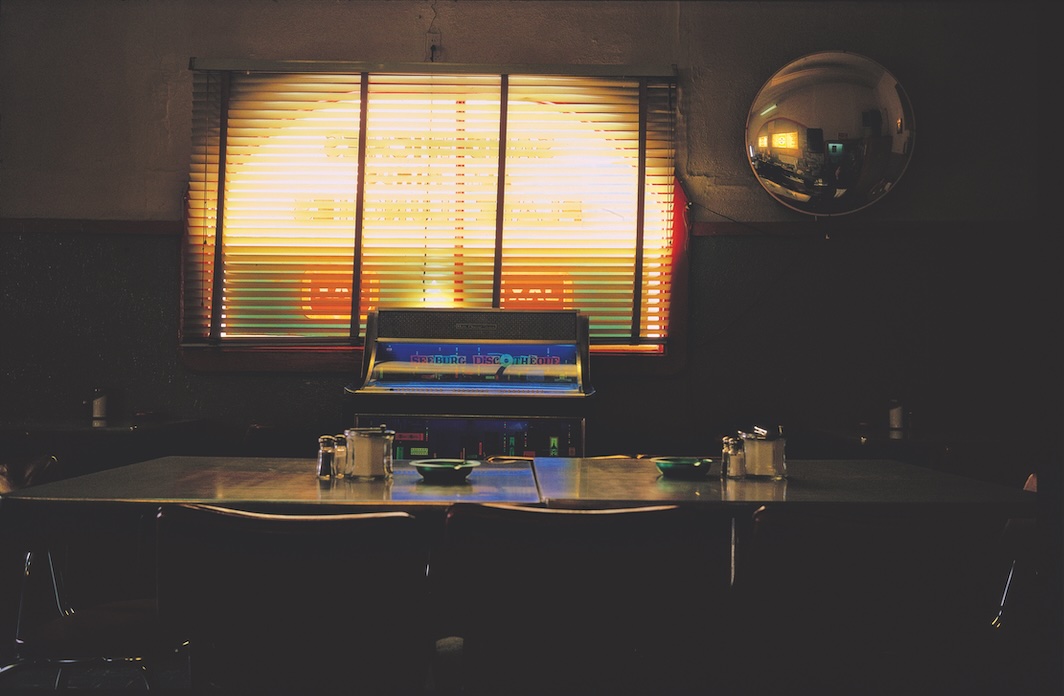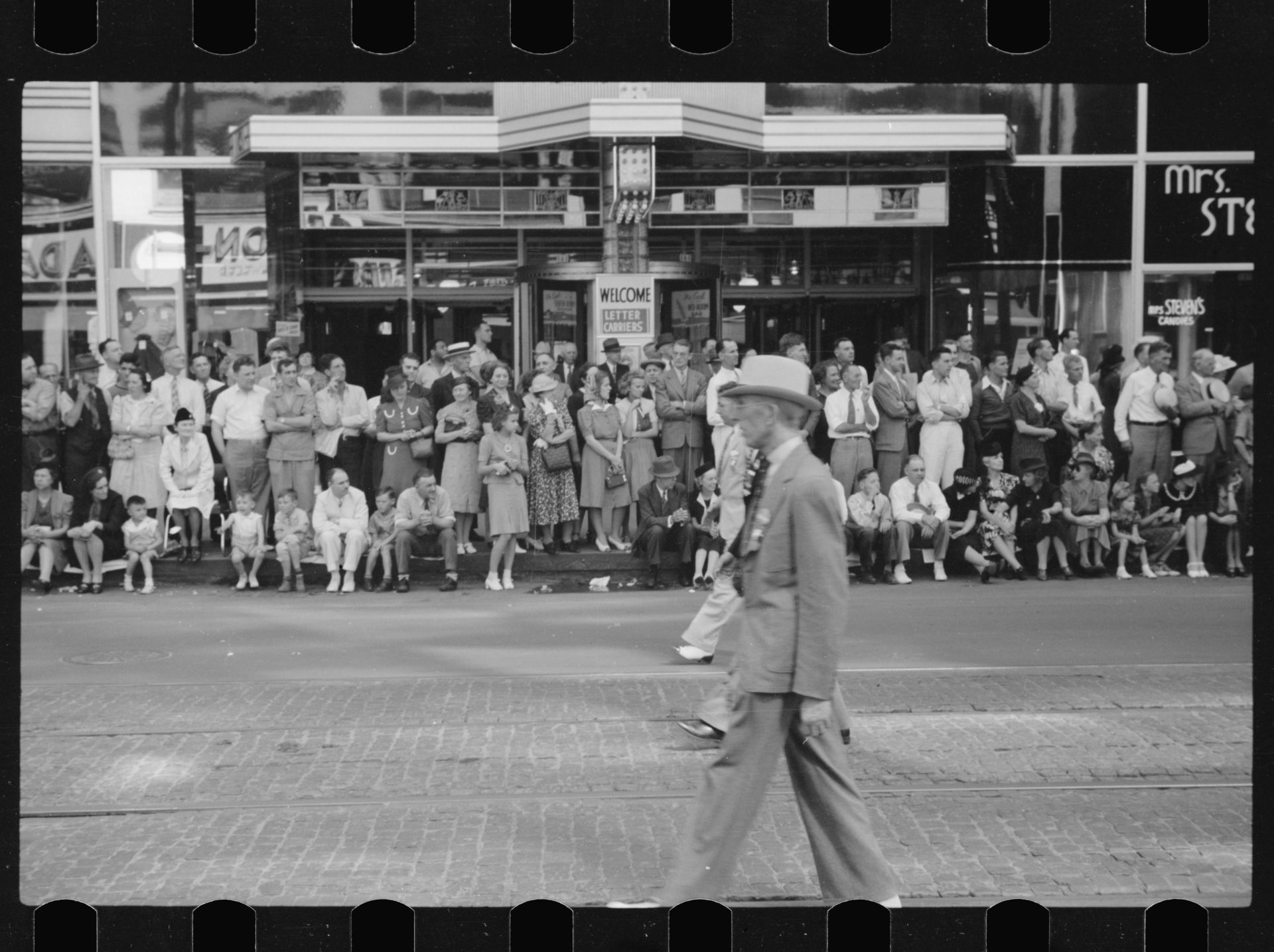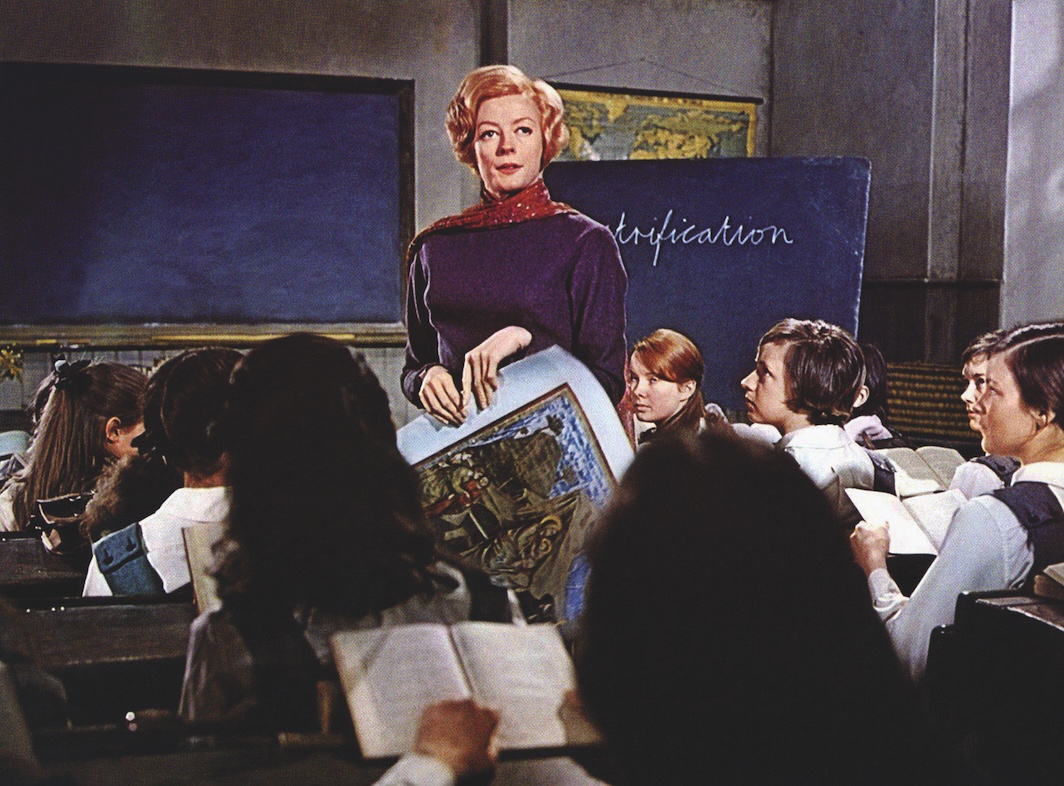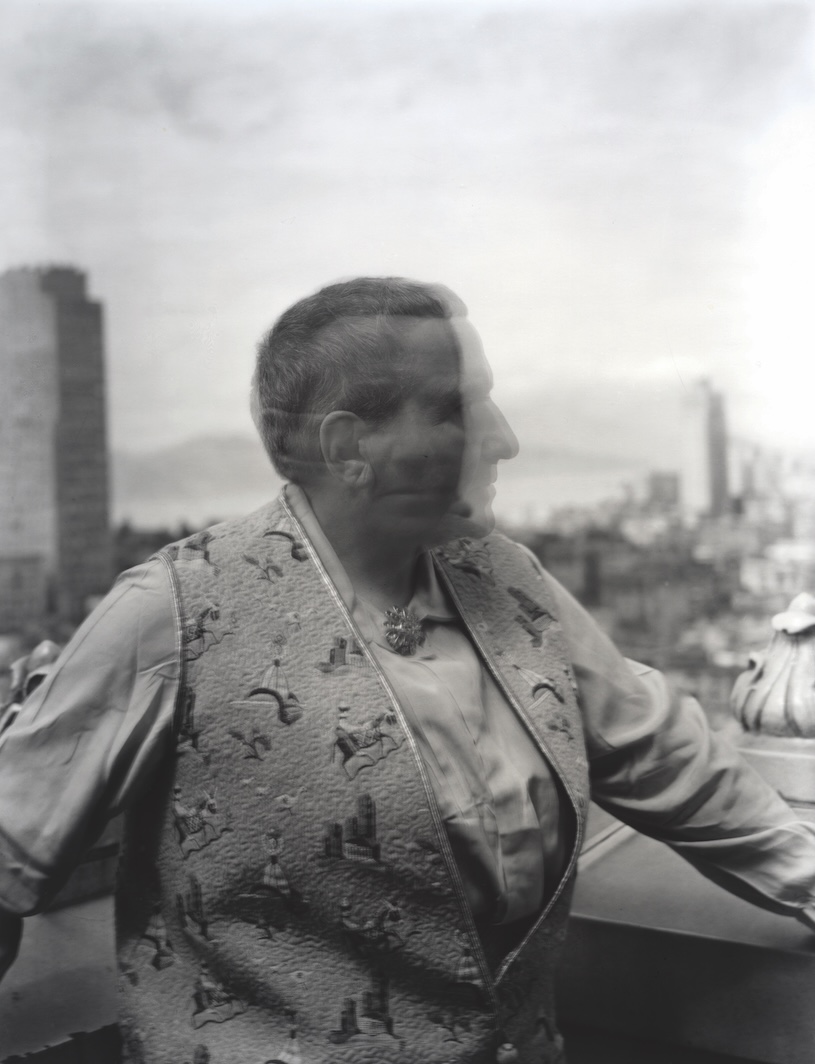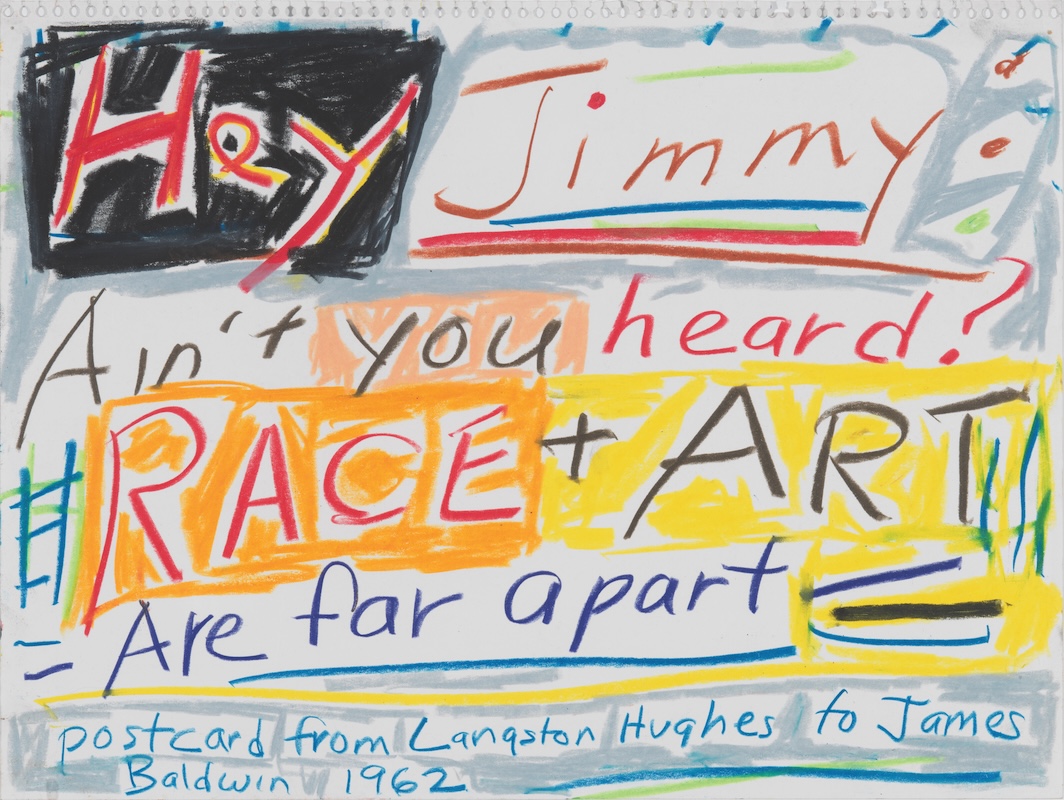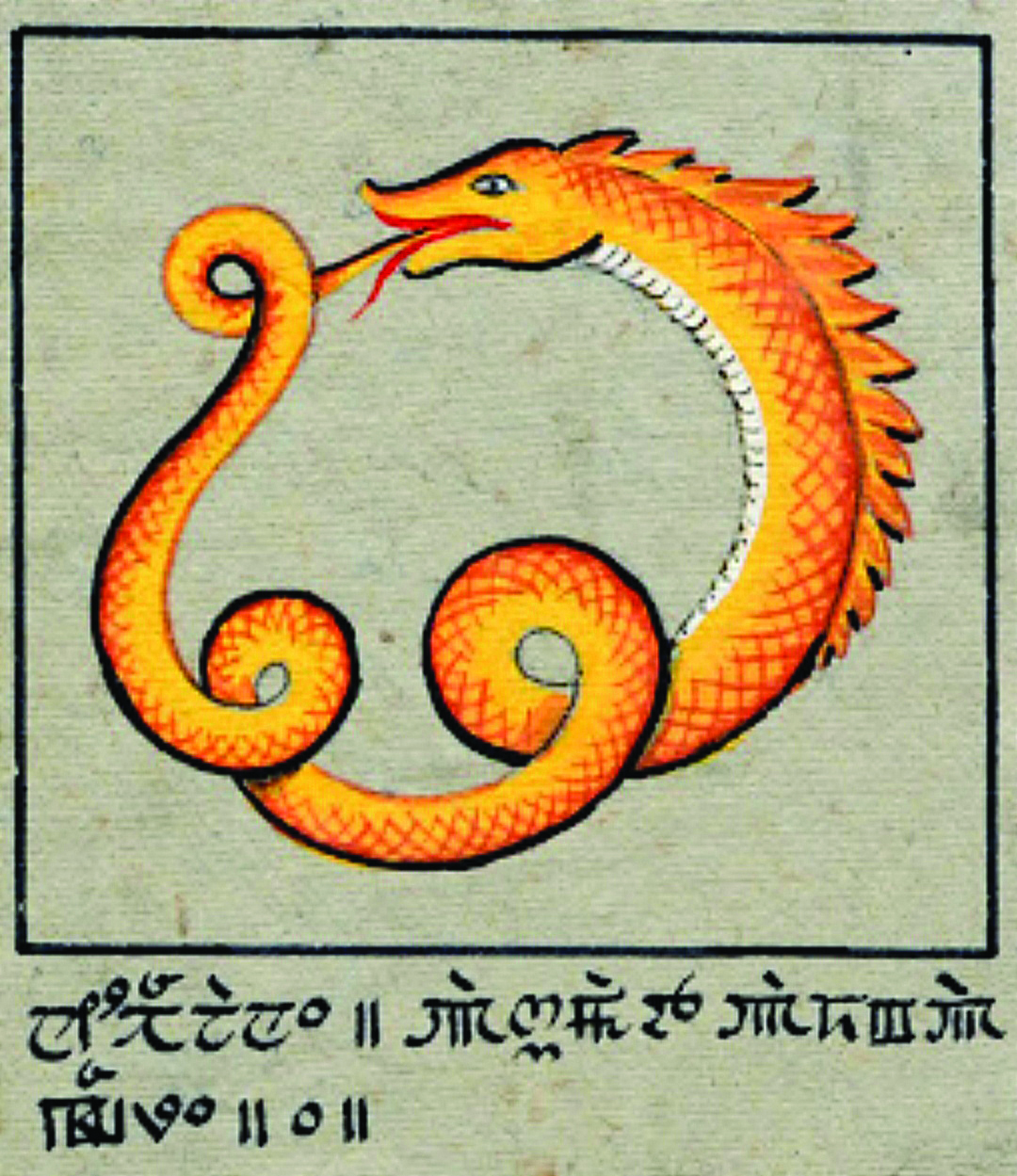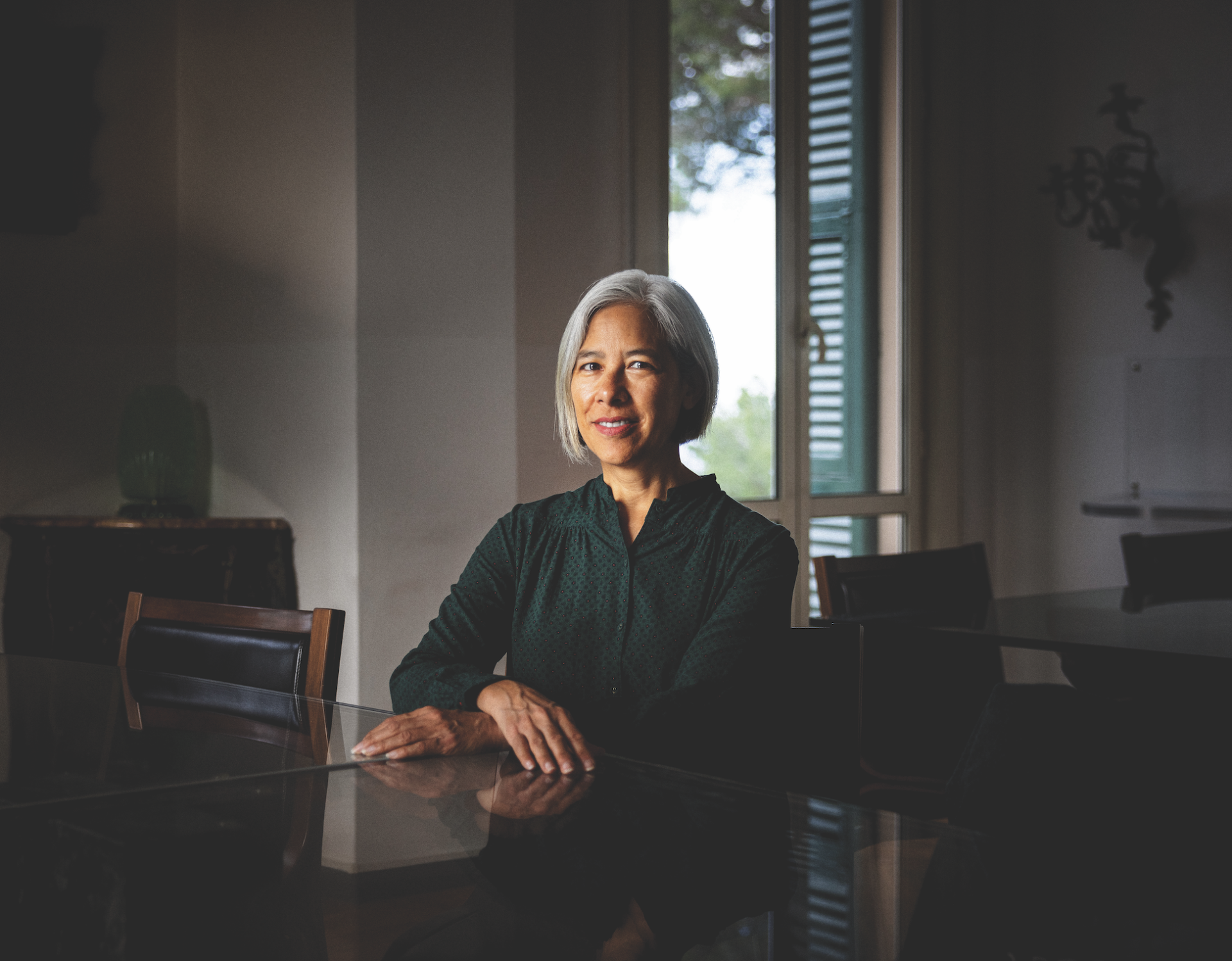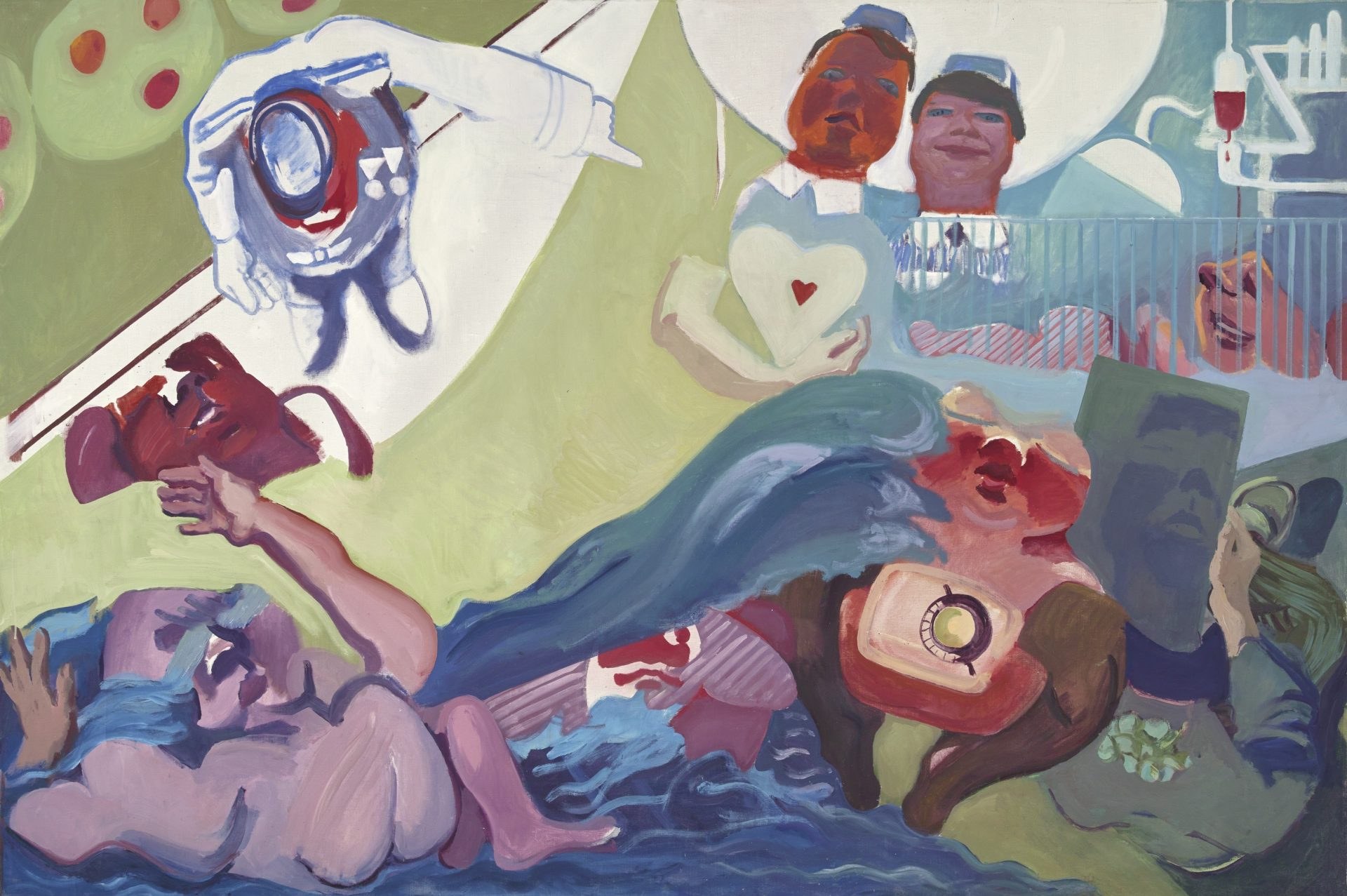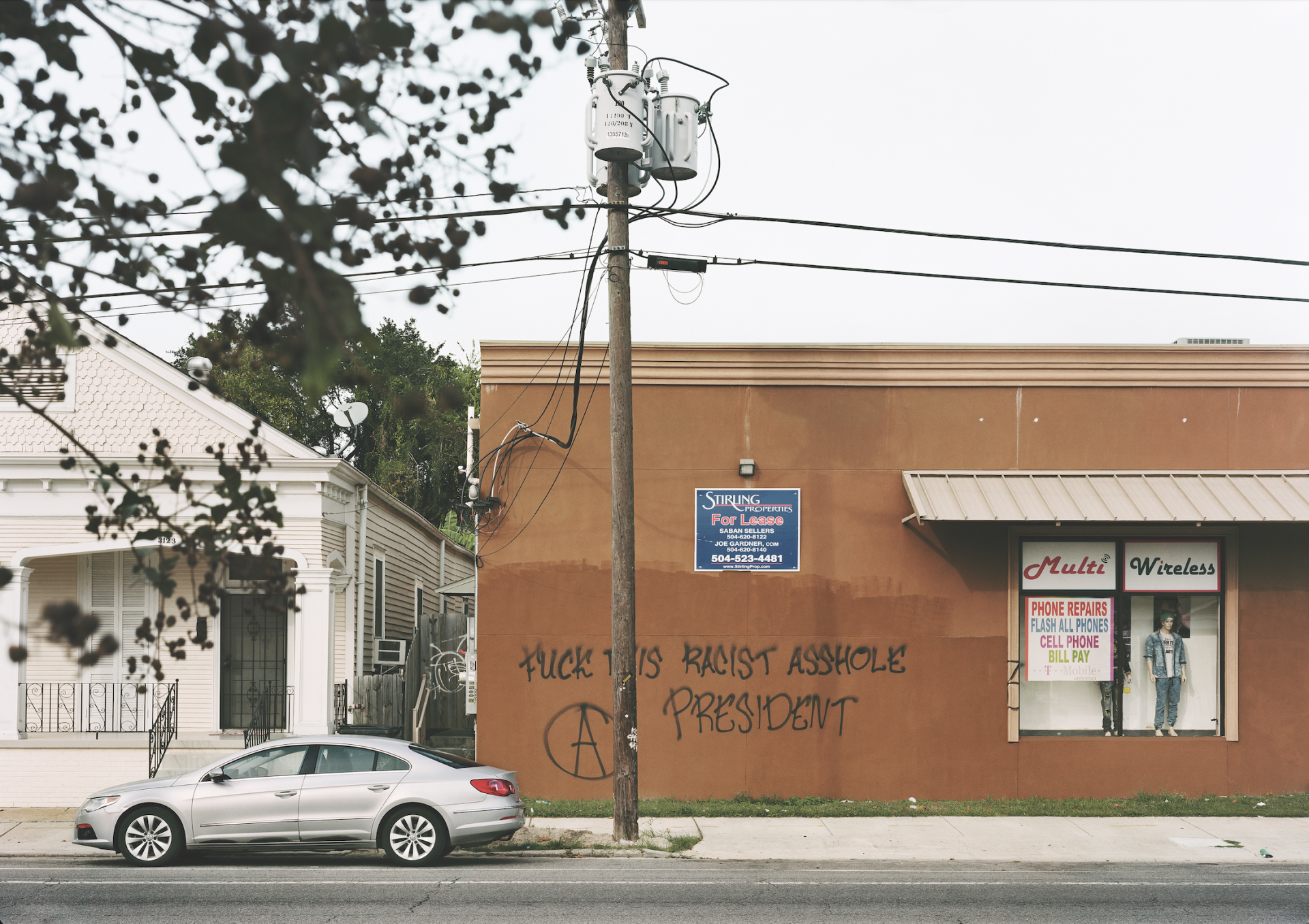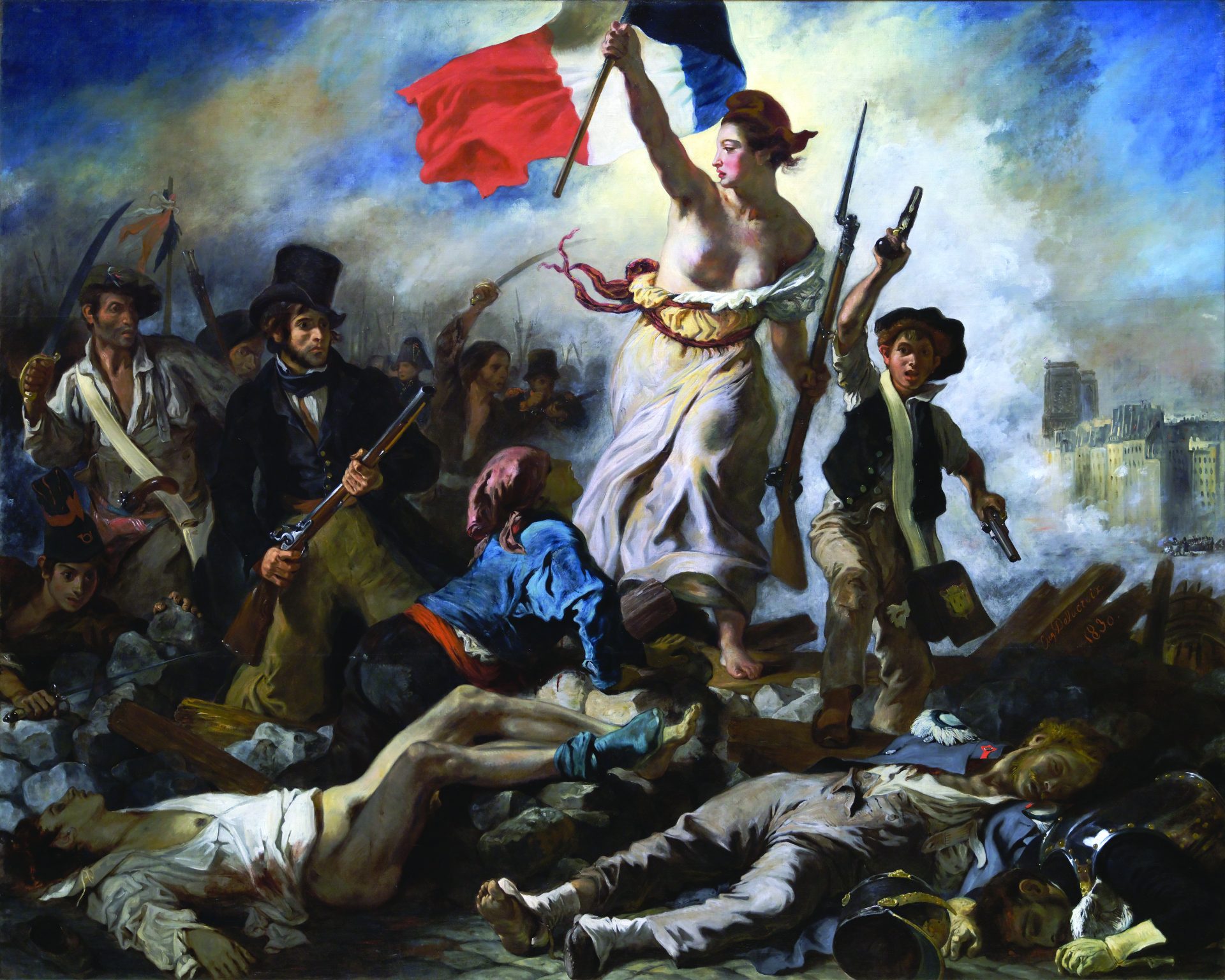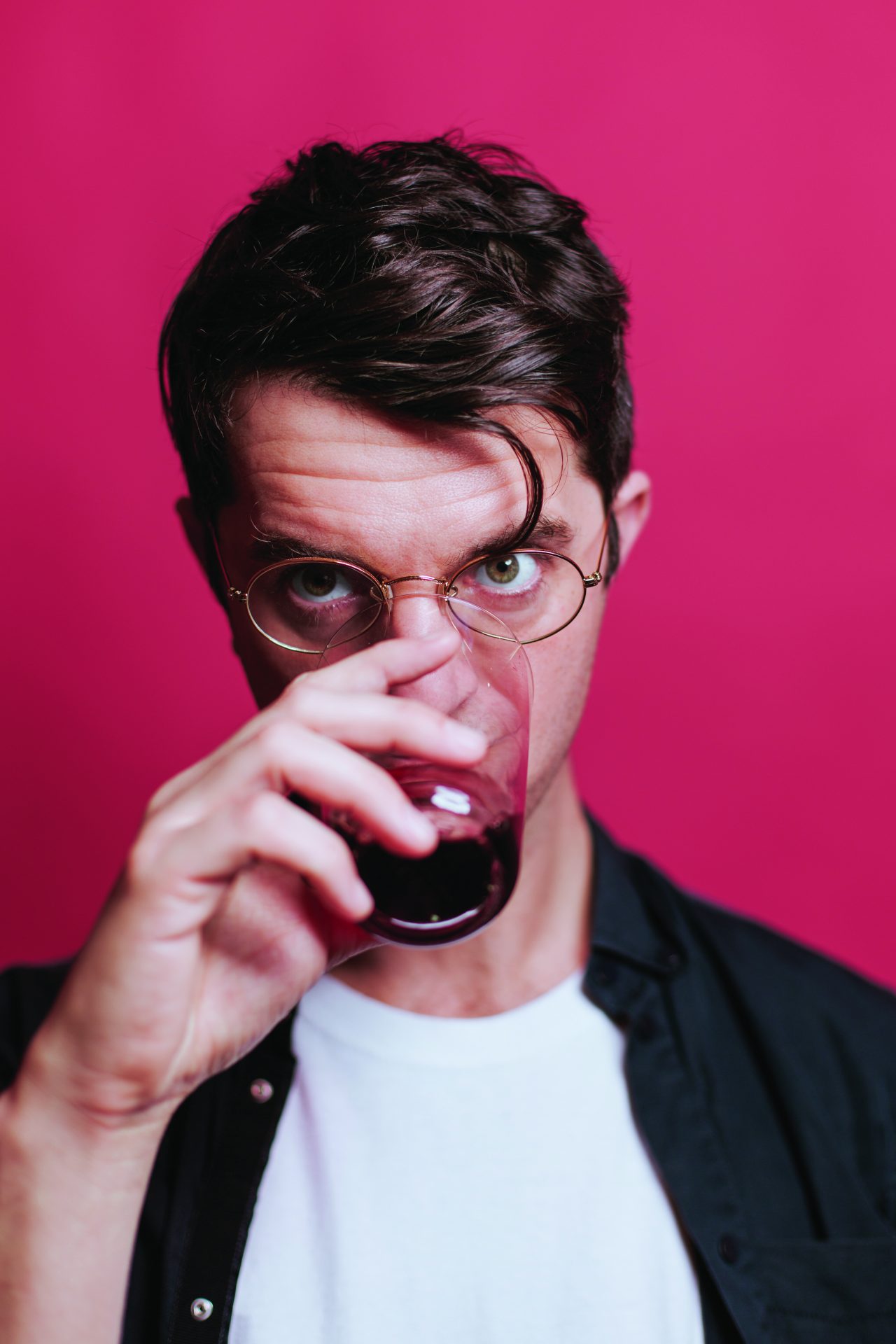LYDIA DAVIS INTRODUCED her brand of emotional vertigo in the mid-1980s, with short stories that could fairly be called flat but never cold. In her fiction and translation work—both lifelong gigs for her—Davis revises drafts heavily. Her patience has given us a catalogue of everyday American surrealism that is hers alone. Here is a story […]
- print • Fall 2025
- print • Fall 2025
THOUGHT TO HAVE BEEN DICTATED a couple thousand years ago by an Indian guru named Padmasambhava, The Tibetan Book of the Dead was known as Bardo Thödol or The Great Liberation Through Hearing in the Bardo until its first English language translation in 1927 by Walter Evans-Wentz, an anthropologist from New Jersey. Thödol means “the […]
- print • Fall 2025
ALTHOUGH NONE OF HER BOOKS could be said to have happy endings, I have never until now thought of Chris Kraus as a writer of tragedies. As is the case with many of her admirers (and just as many of her detractors), my attention has long been snagged on her work’s thornier, more titillating qualities: […]
- print • Fall 2025
BIG KISS, BYE-BYE, Claire-Louise Bennett’s third book, begins in the long drawn out wake of a breakup. “Two weeks from now I won’t be living here anymore,” goes the opening line, told from the perspective of the unnamed protagonist. “I’ll be in the woodshed in L——.” The narrator, a writer in her late forties, is […]
- print • Fall 2025
THE PATERNITY OF Hicks McTaggart—defender of dames, dodger of bombs, twirler of spaghetti, the amiable behemoth hero of Thomas Pynchon’s Shadow Ticket who prowls the streets of Depression-era Milwaukee—is a question his author leaves open. His mother, Grace, and her sister, Peony, “grew up in the Driftless Area, a patch of Wisconsin never visited by […]
- print • Fall 2025
THERE IS VERY LITTLE CHANCE that I can be convinced academia is sexy, but I could be persuaded to think it’s funny. From a distance I have gleaned campuses to be tiny fiefdoms in which everyone takes turns believing that they are in charge, or should be, or will be soon. This is great material […]
- print • Fall 2025
THE UNCANNY fertility and invention displayed by the writing of Muriel Spark has been a consistent source of awed bemusement. Gabriel Josipovici, an experimental writer quick to identify Spark as a rare British predecessor, called her novels—she published twenty-two in all—“a joy to read and a nightmare to talk about.” Renata Adler, in the Spark […]
- print • Fall 2025
DESPITE HER REPUTATION as a long-winded writer, Gertrude Stein had a talent for pithiness. Of Oakland, the town where she grew up, she famously remarked: “There is no there, there.” Of one of her literary nemeses, Ezra Pound: “A village explainer, excellent if you were a village, but if not, not.” Of the younger American […]
- print • Fall 2025
JORDAN CASTRO FIRST CAME across my radar in 2011 when he live streamed himself “earnestly” attempting to detach his penis from his body with his bare hands. At the time, Castro was an eighteen-year-old poet and contributor to HTMLGiant, the blog/discussion board where the alt-lit scene bloomed. I remember watching through cracked fingers, unsure if […]
- print • Fall 2025
Brandon Taylor’s Minor Black Figures (Riverhead, $29)—his fourth book of fiction—is an ambitious departure from his previous work. The novel takes up timely and fraught questions of representation within a culture industry hostile to idiosyncratic depictions of Black life that do not adhere to predictable narratives. At turns satirical and humane, the novel follows the romantic […]
- print • Summer 2025
THE NIGHT AFTER I finished reading The Möbius Book, I woke up from a terrible dream. In this dream I had been shrunk back to twenty-three years old, back to a uniquely terrible relationship with a man. He began to argue with me, this man, on account of the fact that he no longer enjoyed […]
- print • Summer 2025
WHEN LEIF RANDT’S novel Schimmernder Dunst über Coby County came out in 2011, it was unique in the German literary world. Randt was one of the few German authors writing what is now commonly called speculative fiction—not hard sci-fi but not realism, either—and in Berlin, where I lived at the time, it generated enough buzz […]
- print • Summer 2025
ONCE, AS A CHILD, I had visions. This took place in a children’s hospital decorated with murals of sea creatures. During the several hours I was in surgery, they had come alive. An octopus crawled along the plaster. A sea dragon undulated. I might have been frightened, except the ocean in the walls simply confirmed […]
- print • Summer 2025
At once a domestic novel and a spy thriller, Susan Choi’s Flashlight (Farrar, Straus and Giroux, $30) spans the second half of the twentieth century, at least, and takes us to Japan, North Korea, and the United States. When Anne and Serk, the couple at the center of the book, meet in the mid 1960s, […]
- print • Summer 2025
SEBASTIAN CASTILLO, THE AUTHOR of Fresh, Green Life, is also the name of the book’s narrator. A reader, reasonably, might start by thinking about autofiction as an animating principle, but that’s not really Castillo’s concern in this brief novel, nor was it the focus of his last, a hybrid of fiction and drama called SALMON […]
- print • Summer 2025
In a 1996 interview with The Paris Review, the reporter and novelist John Gregory Dunne was asked why he chose to classify his 1974 book, Vegas: A Memoir of a Dark Season, as fiction as opposed to journalism. The book recounts six months Dunne spent alone in Vegas, taking a break from his marriage. Dunne, […]
- print • Summer 2025
IN 1946 THE AUSTRIAN WRITER Marlen Haushofer began publishing fairy tales and short stories in newspapers and small magazines. Her prewar writings—stories, poems, chapters of novels—had all been lost, and during the war she wrote “not a single line.” The new stories were a pragmatic measure: they were written to be published, to supplement the […]
- print • Summer 2025
OCEAN VUONG’S 2016 DEBUT POETRY COLLECTION, Night Sky with Exit Wounds, received a rave review from Michiko Kakutani of The New York Times Book Review, then the most important tastemaker in contemporary American literature. Rare enough for any book of poetry to receive critical attention from the NYTBR, but a debut collection? It was a […]
- print • Spring 2025
AN OVERPOWERED REBEL casts his eyes up in terror at the warrior ripping him away from his grieving mother. Survivors on a corpse-covered raft at sea, dispatched by a vicious colonial government and abandoned by their superiors, stretch desperate hands toward the horizon, where a rescue may or may not be approaching. A peasant rebellion […]
- print • Spring 2025
A BARELY PERCEPTIBLE WHIFF OF CONTEMPT laces Vincenzo Latronico’s Perfection. This slim, elegant novel was originally published in Italian as Le Perfezioni in 2022—Sophie Hughes’s sleek English translation was released by New York Review Books earlier this year. As the story unfolds the reader at first suspects and then finally finds herself praying that Latronico […]
